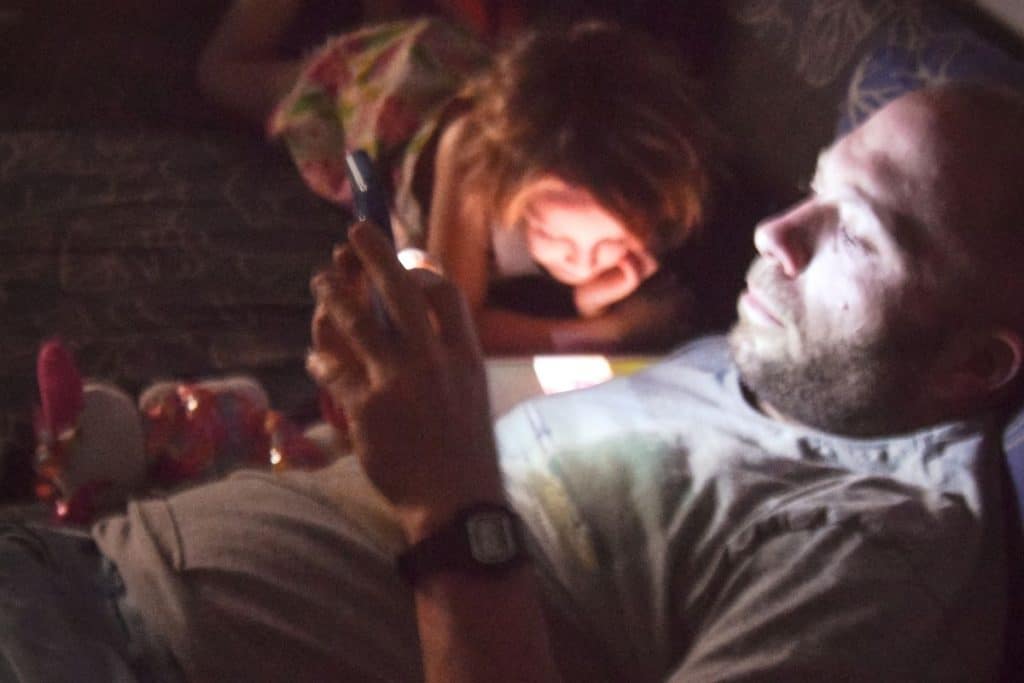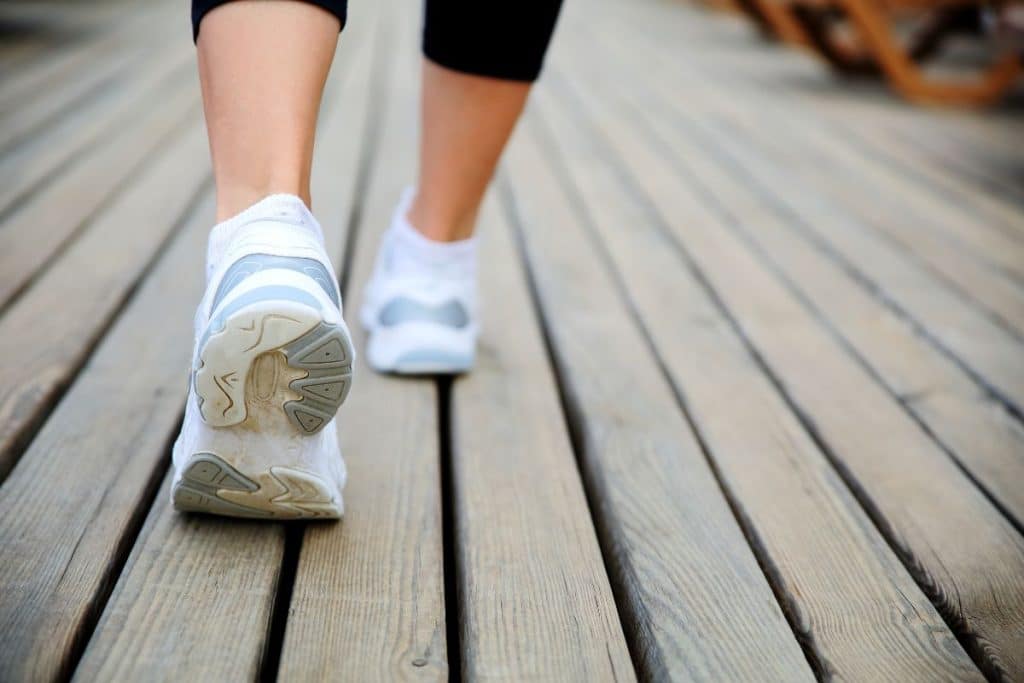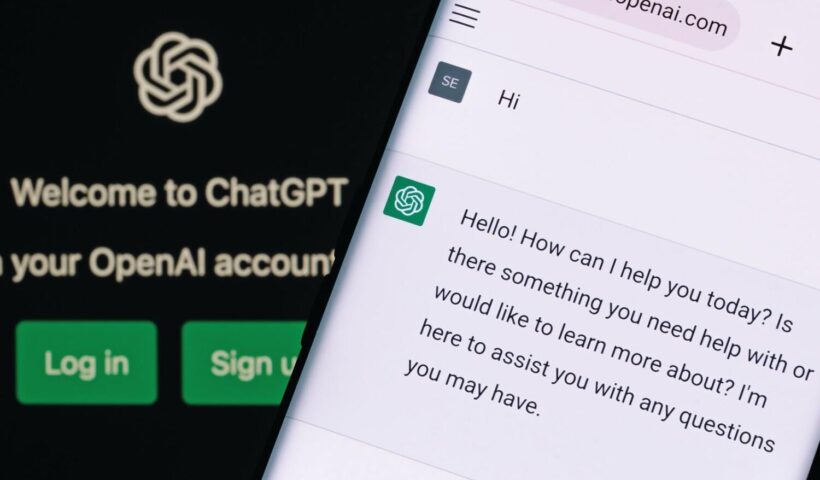Fasting during Ramadan can be a challenging period for those who struggle to maintain healthy habits.
Ramadan is the holiest month in the Islamic calendar, during which Muslims around the world fast from dawn until dusk. It is a time of reflection, spiritual renewal, and increased devotion to God.
Fasting during Ramadan is one of the Five Pillars of Islam, which are the basic acts of worship that are central to the practice of the Islamic faith. During this month, Muslims abstain from food, drink, and other physical needs during the daylight hours as a form of worship and to gain a deeper understanding of their faith.
The fast is broken each day at sunset with a meal called iftar, and it is customary to invite friends and family to share in this meal.
However, it can be a challenging period for those who struggle to maintain healthy habits and avoid overindulging in food during the pre-dawn suhoor or the evening iftar meals, according to Maha Shahin, Clinical Nutrition Consultant at Allurion Dietitian Board.
According to research, only some people lose weight during Ramadan, and nearly 60 percent of individuals put on weight during the holy month despite fasting, Shahin said.
That being said, she shared a five top tips with Arabian Business reads to stay healthy and even lose weight during Ramadan.
1. Choose ‘whole foods’
The first tip is to plan ahead and recognise the difference between fasting for Ramadan and regular or intermittent fasting.
While intermittent fasting allows for zero-calorie liquids like water, tea, and coffee, Ramadan fasting requires not eating or drinking anything between sunrise and sunset.
“Therefore, the strict requirements around Ramadan make it even more critical to plan ahead and ensure a healthy intake of vitamins and nutrients and enough hydration during the holy month,” she said.
Do not skip suhoor, Shahin recommends, as it provides a wholesome start to your day and fuels your body with the energy it needs to power through daily activities without feeling tired or fatigued.
Choose whole foods and complex carbohydrates like eggs, beans, lentils, chickpeas, oats, fruits, and vegetables that provide a steadier energy source throughout the day, she said.
In contrast, processed foods and simple carbohydrates are digested and processed more quickly, often leaving you feeling hungry soon after eating, she added. “Also, try low-fat dairy products like Greek yogurt and foods that include unsaturated fats – unsalted nuts and salmon are good options.”
2. Break your fast with healthy snacks
Breaking your fast thoughtfully and intentionally is also crucial in achieving your weight loss and healthy eating goals during Ramadan.
“Avoid eating a large iftar right after the Maghrib azan, which can result in over-eating. It’s better to break your eating down into smaller portions to give the body time to properly digest the food. Iftar can always be followed by healthy snacks afterwards if required,” Shahin explained.
She recommends following iftar with healthy snacks like dried fruits and raw nuts to boost natural sugar and energy levels.

3. Reduce screen time for a good night’s sleep
Getting a good night’s sleep is essential during Ramadan to help you plan and eat healthy meals. Poor sleep can affect hormones, change appetite and hunger, and make fasting even more challenging, Shahin said.
“Reducing screen time before bed or having a relaxing bedtime routine can help your body and mind wind down and prepare you for sleep. Some people aim for a minimum of four hours of sleep after iftar. They then wake for suhoor and fajr before getting a few more hours of sleep and starting the day.”
You can also consider taking a 20-30 minute nap in the afternoon if your schedule allows it, she added.

4. Take a 15-minute walk daily
Lastly, staying active during Ramadan is critical to maintaining a healthy lifestyle and weight.
Daily walks of 15 to 20 minutes can work wonders for circulation, digestion, energy levels, and mental health.
Short resistance training sessions can also be an excellent way to fit in a burst of exercise on a busy day.
“Exercising about two hours after iftar can help to aid digestion and ensure you don’t go to bed feeling too full. While activity levels are key to a healthy lifestyle and maintaining a healthy weight, combining them with mindful eating is also essential,” she said.
Combining activity levels with mindful eating is essential for staying healthy during Ramadan.

5. Set realistic goals
Getting into a healthy routine for suhoor and iftar before the first day of Ramadan can set realistic goals and patterns of eating that are easy to stick to.
Prioritising eating healthily and exercising regularly all year round is crucial for maintaining a healthy weight and lifestyle.
“When it comes to diet, your food should be balanced and varied – and if you’re looking to lose weight, Ramadan can be a great time to start the wheels in motion,” Shahin concluded.




:quality(70)/cloudfront-eu-central-1.images.arcpublishing.com/thenational/FQXQK7UPBJCXNC7LCAFNWNHECM.jpg)